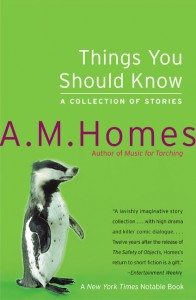 If you go to the Amazon page for The Authentic Animal, you’ll find that the book has all of three customer reviews. One of them calls the voice of its author “arrogant” and who am I to judge?
If you go to the Amazon page for The Authentic Animal, you’ll find that the book has all of three customer reviews. One of them calls the voice of its author “arrogant” and who am I to judge?
The problem is the number of reviews, not their star-rating. I’d like to think we all can do better. So here’s the deal: Whoever writes the best Customer Review for The Authentic Animal between now and Thanksgiving Day will receive a free autographed copy of the book shipped anywhere in the world just in time for the holidays. Here are the rules:
- Neal will judge.
- Reviewers need not to have read the book to review it.
- Reviews can be as long or as short as you like, and can say anything you can come up with to say.
- Reviews can assign the book anywhere from 1 to 5 stars.
- Reviews can be authored by anyone using any Amazon user name. Be sure to email me at amazon [at] davemadden [dot] org to claim whichever username/review is your own.
- Winner will be announced here in early December, with the winning review reprinted and responded to, as needed, by yours truly.
Yes, you should tell your friends. Yes, I will write any message you’d like to the recipient. No, I don’t think this is necessarily a smart way to promote a book.
Good luck!
UPDATE: I was wrong. One of the 3 reviews got deleted. Now there are 2 reviews. The opposite of what I want to happen has been happening. It’s like my freshman year of college all over again.










